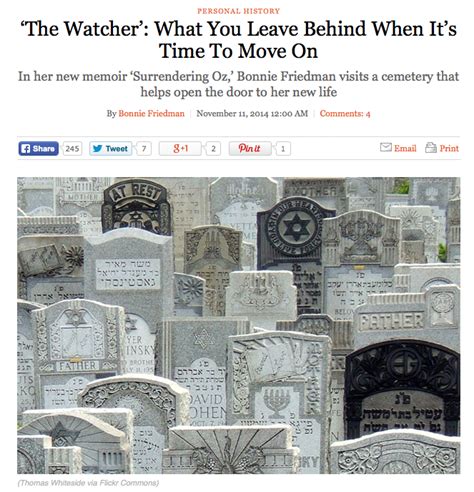A Quote by Francois de La Rochefoucauld
When love becomes labored we welcome an act of infidelity towards ourselves to free us from fidelity.
Related Quotes
The dream of romantic love is taken more seriously in North America than it is anywhere else in the world, which is why we believe in fidelity and why we believe in infidelity as well. It is also, of course, what makes our divorce rate as high as it is. Falling in love at first sight and instant gratification are part of the world in which we live, so there are people who believe adamantly in fidelity. They just don't believe in it for long.
God’s love sets us free from the need to seek approval. Knowing that we are loved by God, accepted by God, approved by God, and that we are new creations in Christ empowers us to reject self-rejection and embrace a healthy self-love. Being secure in God’s love for us, our love for Him, and our love for ourselves, prepares us to fulfill the second greatest commandment: To love our neighbor as ourselves.
Fidelity and allegiance sworn to the King is only such a fidelity and obedience as is due to him by the law of the land; for were that faith and allegiance more than what the law requires, we would swear ourselves slaves and the King absolute; whereas, by the law, we are free men, notwithstanding those oaths.
When we accept Christ we enter into three new relationships: (1) We enter into a new relationship with God. The judge becomes the father; the distant becomes the near; strangeness becomes intimacy and fear becomes love. (2) We enter into a new relationship with our fellow men. Hatred becomes love; selfishness becomes service; and bitterness becomes forgiveness. (3) We enter into a new relationship with ourselves. Weakness becomes strength; frustration becomes achievement; and tension becomes peace.
Realize that illness and other temporal setbacks often come to us from the hand of God our Lord, and are sent to help us know ourselves better, to free ourselves of the love of created things, and to reflect on the brevity of this life and, thus, to prepare ourselves for the life which is without end.
The church of this country is not only indifferent to the wrongs of the slave, it actually takes sides with the oppressors.... For my part, I would say, welcome infidelity! Welcome atheism! Welcome anything! in preference to the gospel, as preached by these Divines! They convert the very name of religion into an engine of tyranny and barbarous cruelty, and serve to confirm more infidels, in this age, than all the infidel writings of Thomas Paine, Voltaire, and Bolingbroke put together have done!
When we are in love, our love is too big a thing for us to be able altogether to contain it within ourselves. It radiates towards the loved one, finds there a surface which arrests it, forcing it to return to its starting-point, and it is this repercussion of our own feeling which we call the other's feelings and which charms us more then than on its outward journey because we do not recognise it as having originated in ourselves.



































